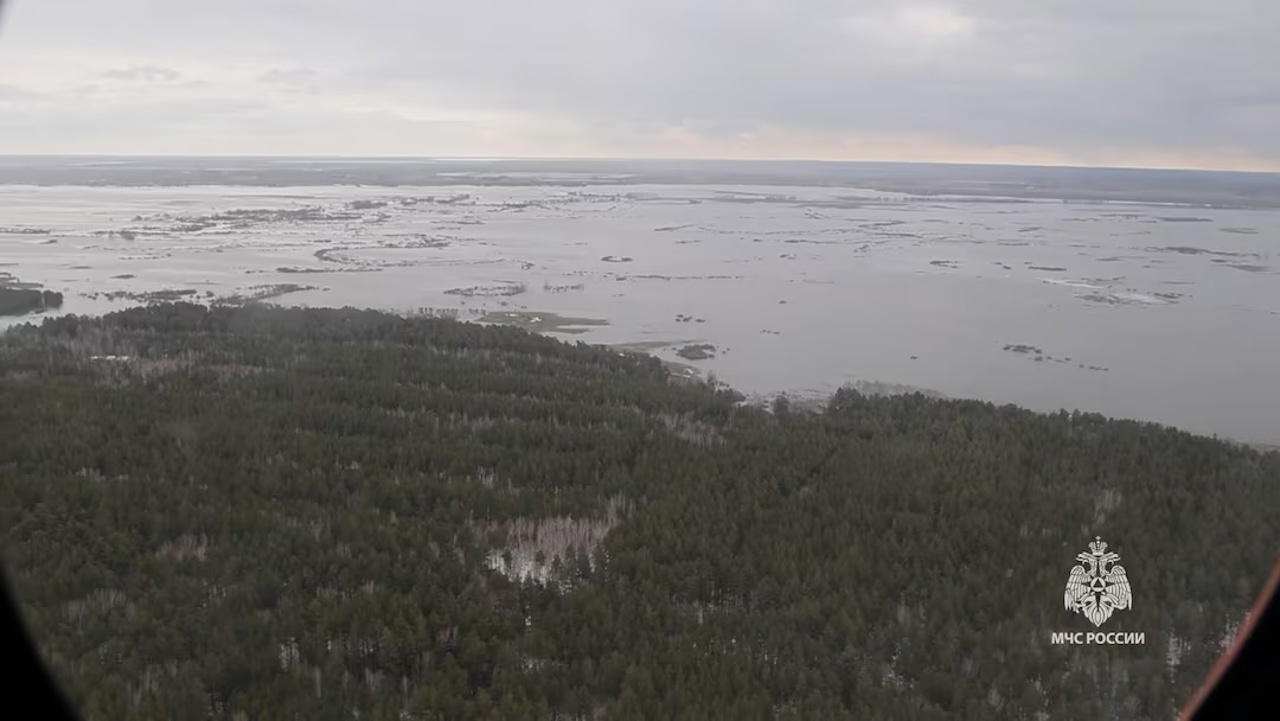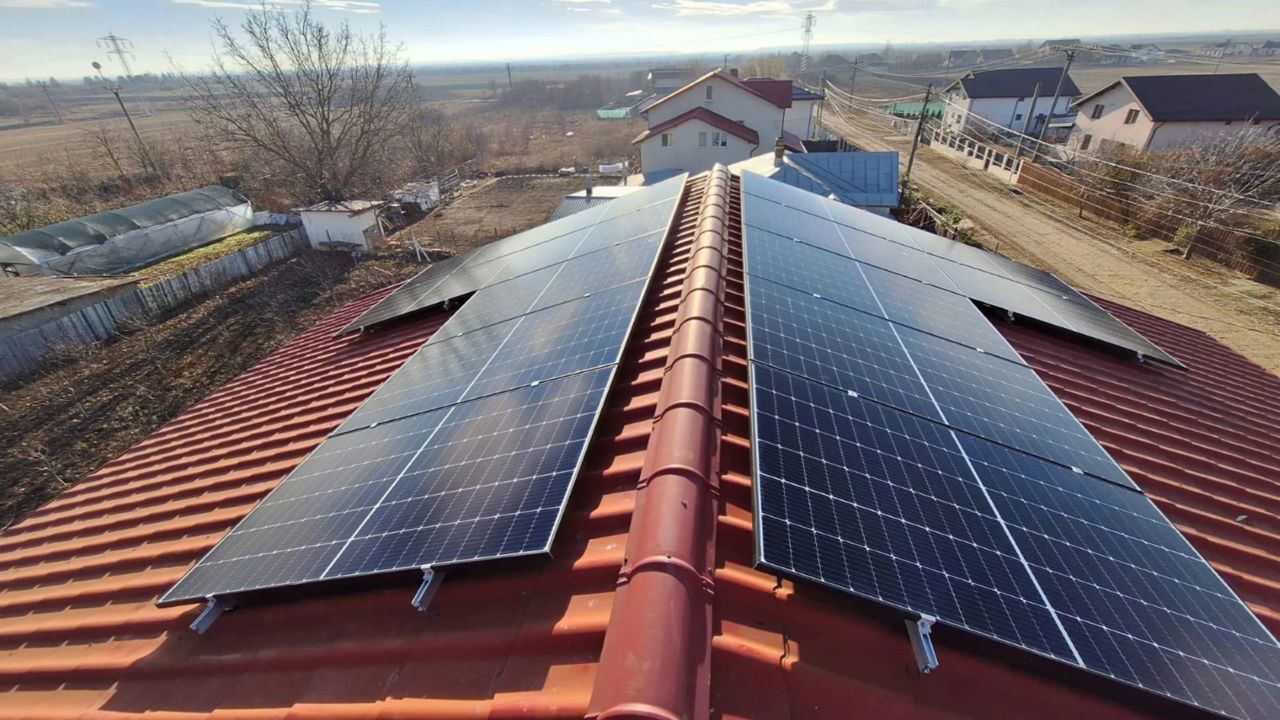Russia: Uranium Mine Flood Threatens Water Supply
Severe flooding in Russia has sparked fears of radioactive and chemical pollution from Soviet-era uranium mines in the Kurgan region contaminating the Tobol River in Western Siberia.

Environmentalists warn that floodwaters have inundated the Dobrovolnoye deposit, a former uranium mine that supplied the Rosatom State Nuclear Energy Corporation. The inundation has washed accumulated radioactive waste into the river.
"The Tobol River has overflowed its banks, creating a vast expanse of water," said a local resident. "The situation is truly nightmarish. The floodwaters are rushing in with tremendous force, submerging the road. It's utterly devastating."
Downstream from the flooded mine lies the city of Kurgan, which relies on the Tobol River for its drinking water. Consumption of contaminated water poses a serious threat of internal irradiation, a condition far more dangerous than external exposure. Environmentalists warn that without immediate intervention, radiation sickness is a very real possibility.
The rising water levels threaten additional uranium mines. If the water level rises by one more metre, several more mines will be at risk of flooding. Additionally, the governor of the Tyumen region has issued a warning that the Ishim River's water level is expected to surpass critical levels in the coming hours due to the severe flooding impacting central Russia and Kazakhstan.
"The flood situation remains highly critical," declared Tyumen Region Governor Aleksandr Moor. "Over the past 24 hours, the water level in the Ishim River near the village of Abatskoye has risen by more than two metres, reaching 11 metres and 29 centimetres. We are only 19 centimetres from the record set in 2017, and we anticipate exceeding that level today."
The Russian Ministry of Emergency Situations reports that over 700 properties in the region remain flooded. Nearly 5,000 people have been forced to evacuate their homes. The situation in Kazakhstan is equally dire. Due to severe weather, authorities declared a state of emergency in 10 of the country's 17 regions earlier this month. The Kazakh Interior Ministry reports that seven people have died as a result of the floods, and thousands of homes have been inundated.
Translation by Iurie Tataru





